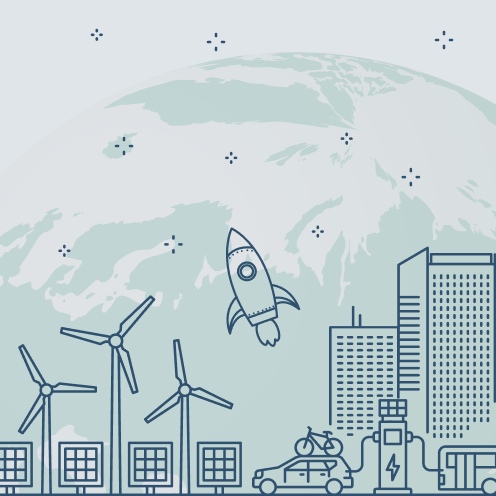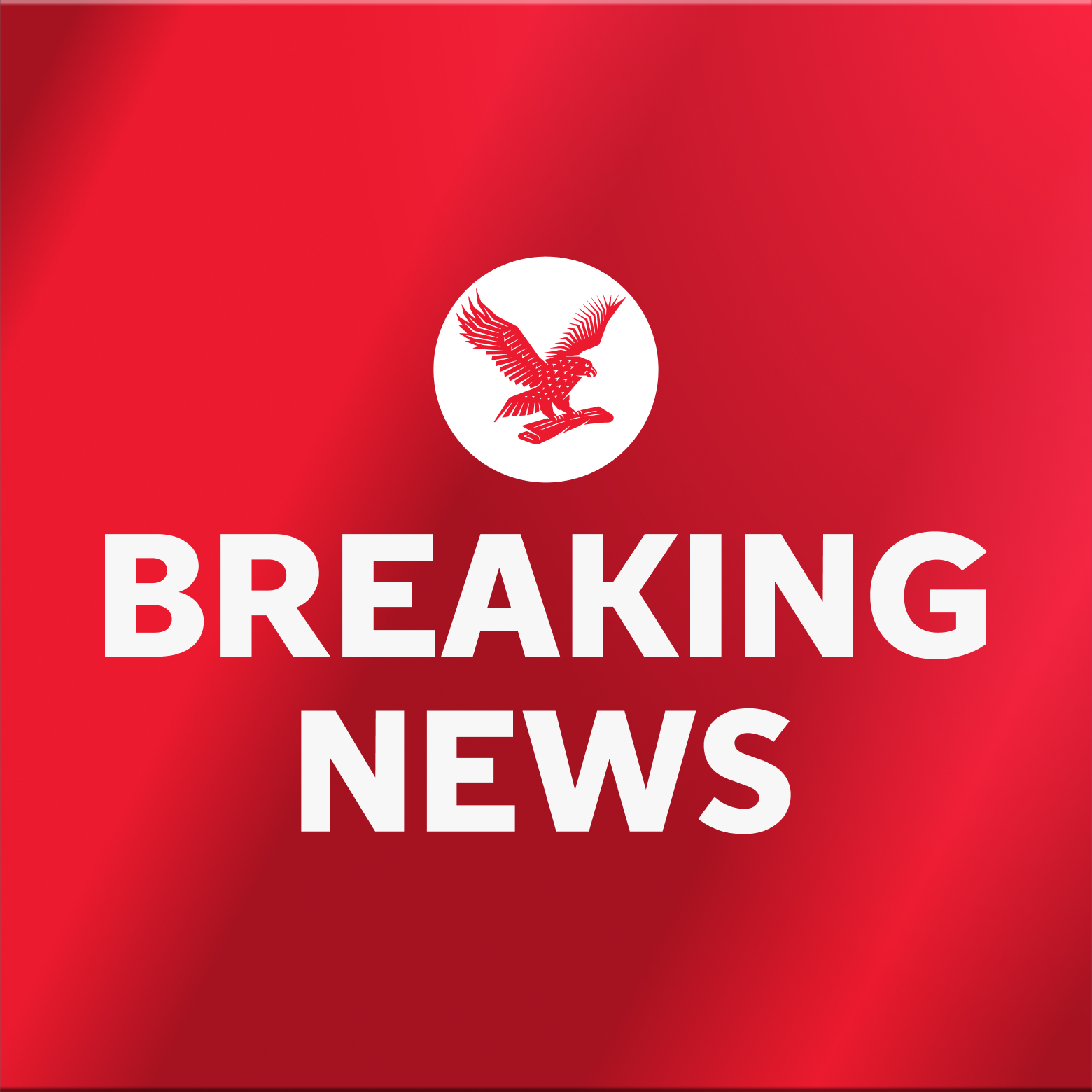Justin Trudeau said Monday that he will step down as prime minister of Canada after weeks of mounting pressure from within his ruling Liberal Party about how to deal with incoming U.S. President Donald Trump and trade tariffs he has promised.
Speaking outside his residence at Rideau Cottage, Trudeau said he had taken time over the holidays to “reflect” with his family.
“Throughout the course of my career, any success I have personally achieved has been because of their support and with their encouragement,” Trudeau said.
“So last night, over dinner, I told my kids about the decision that I’m sharing with you today. I intend to resign as party leader as prime minister after the party selects its next leader through a robust, nationwide, competitive process.”
Trudeau’s departure comes as polls show the Liberals could badly lose to the opposition Conservative Party in an election that must be held by late October.
Trudeau, 53, had been able to fend off Liberal legislators worried about the polls and the loss of safe seats in two special elections, but his government was thrown into chaos last month after his deputy prime minister and minister of finance, Chrystia Freeland, abruptly resigned from the cabinet, just hours before she was set to deliver the country’s first economic update since the U.S. election.
Trump, who recently referred to the Canadian prime minister as the governor of “the great state of Canada,” has promised to slap 25 percent tariffs on Canadian goods when he enters office in January.
Those tariffs add serious uncertainty to the future of the Canadian economy as it continues to struggle with high inflation.
Freeland, a long-time ally of Trudeau, said in her resignation letter that she and the prime minister had been at odds over the best path forward for the country, and the tariffs posed a “grave challenge” for the economy.
“We need to take the that threat extremely seriously,” she said, adding the government needed to eschew “costly political gimmicks, which we can ill afford and which make Canadians doubt that we recognize the gravity of the moment.”
Trudeau, who has led the country for nearly a decade, has become deeply unpopular in recent times thanks to booming immigration, soaring housing prices and inflation. According to a June survey, more than 70 percent of Canadians think the country is “broken.”
The leader propelled the Liberals to power in 2015 promising “sunny ways” and a progressive agenda that promoted the rights of women and a promise to fight the climate crisis. His party won a surprise majority in that election, taking 184 of the 338 seats in parliament
But the everyday realities of governing gradually wore him down and like many Western leaders, the need to deal with the effects — and fallout — from the Covid-19 pandemic ate up much of his time.
Although his government spent heavily to protect consumers and businesses, racking up record budget deficits, this provided little protection from public anger as prices soared.
A botched immigration policy also led to hundreds of thousands of arrivals, straining an already overheated housing market.
Source: independent.co.uk



